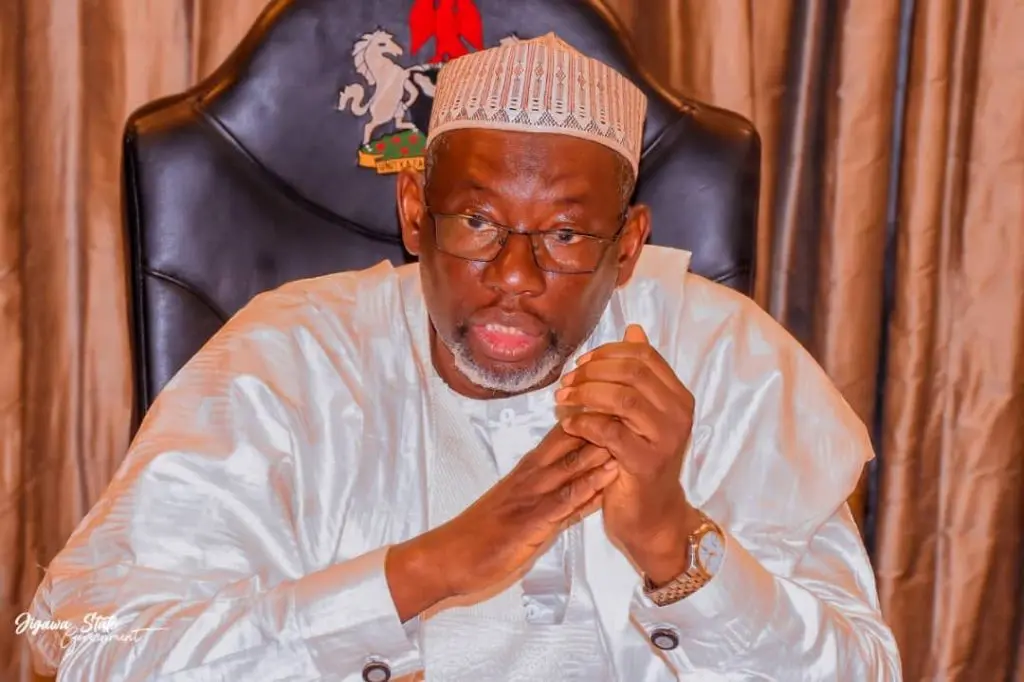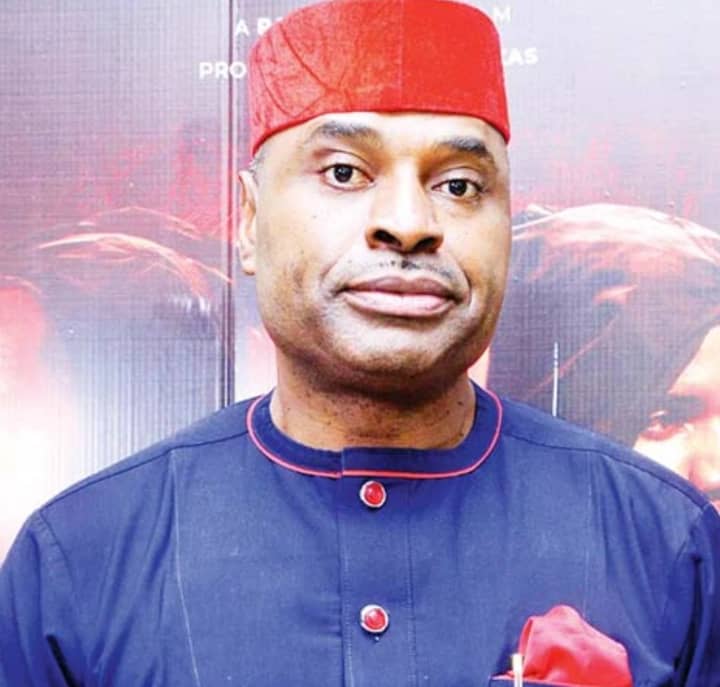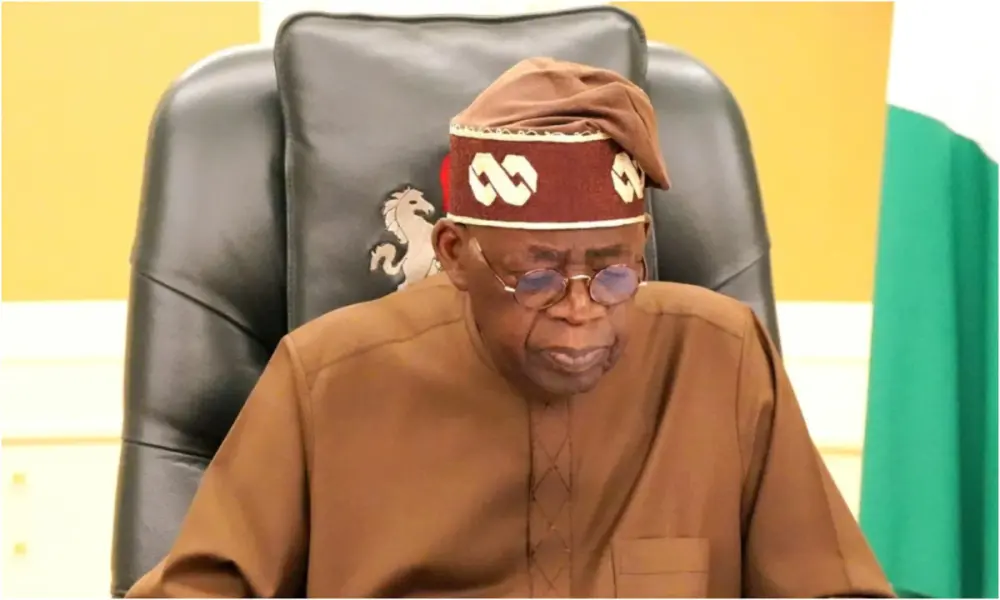Politics
Citizens Engagement: Jigawa Govt dismisses opposition parties concerns

The Jigawa State government has responded to recent criticisms by opposition parties regarding its Citizens’ Engagement Programme, designed to foster direct communication between the government and its people.
Speaking during an interview with journalists at the Citizens’ Engagement Programme held in Birniwa Local Government Area, the Commissioner for Information, Youth, Sports and Culture, Sagir Musa Ahmed, addressed the concerns raised by the opposition.
Governor Umar Namadi launched the initiative, locally known as “Gwamnati da Jama’a”, to provide residents across the 27 local government areas an opportunity to voice their needs and grievances directly to government officials.
The programme also allows the government to share information on its ongoing projects and initiatives aimed at improving citizens’ lives.
However, opposition parties, including the NNPP and PDP, have criticized the initiative.
They argued that the programme has deviated from its intended purpose and that citizens, regardless of political affiliation, are not being given adequate opportunity to express their views.
In response, Sagir said the state government is not seeking validation from opposition parties but is focused on addressing the genuine needs and aspirations of the people.
“The government isn’t expecting praises from the opposition. What matters most to us is meeting the expectations of our citizens,” he stated.
He explained that the programme ensures broad representation, including delegates from every political ward, civil society organizations, NURTW, NATO, farmers’ groups, and other development associations within each local government.
“I don’t think it’s necessary to dwell on what the oppositions are saying. In anything you do, there will always be critics. But what’s important is that, for the first time in Jigawa’s history, the Governor, along with members of the executive, judiciary, and legislature, are coming together to engage directly with the people and seek their input,” he added.
Sagir further emphasized that the government is committed to serving the people of Jigawa State.
“We are focused on the good people of the state, and we’re pleased to see that they are happy and satisfied with what the government is doing. Everyone is entitled to their opinion — this is a democracy.”
Politics
Kenneth Okonkwo Declares ADC Ready to Take Over in 2027

Onyenobi Chinwendu Samuel
September 22, 2027
Lagos 
Okonkwo, who is a prominent member of the party, said the ADC has steadily built a nationwide presence, with functional structures in all 36 states of the federation. According to him, this growing grassroots network positions the ADC as a credible alternative to the ruling All Progressives Congress (APC) and the opposition Peoples Democratic Party (PDP).
Speaking during a political engagement, Okonkwo boldly declared that the ADC would “send President Bola Ahmed Tinubu back to Bourdillon,” a reference to the Lagos residence of the President. He noted that Nigerians were already yearning for a new direction in governance, and the ADC was prepared to provide the leadership that citizens deserve.
He argued that the dominance of APC and PDP in Nigeria’s political landscape has failed to yield the desired results for the people, stressing that both parties have been unable to tackle the nation’s pressing challenges. The ADC, he maintained, is offering a fresh alternative built on accountability, inclusivity, and people-focused governance.
“The ADC has become the only true national party that represents the will of Nigerians. By 2027, the people will rally around us to reclaim the country from decades of misrule,” Okonkwo stated.
Political observers note that Okonkwo’s declaration comes at a time when Nigerians are increasingly disillusioned with the two dominant political parties. The ADC, though relatively smaller in past elections, has been making efforts to strengthen its visibility and mobilization across the country ahead of 2027.
The party leadership has also assured supporters that it is working to resolve internal disagreements and consolidate its structures, in preparation for what it describes as “a historic political breakthrough.”
With Okonkwo’s declaration, the ADC appears set to intensify its campaigns nationwide, positioning itself as a third force capable of reshaping Nigeria’s political destiny.
Politics
Tinubu in closed-door meeting with Fubara in Aso Villa

By Johnbosco Agbakwuru, ABUJA
PRESIDENT Bola Tinubu is currently meeting behind closed doors with Rivers State governor, Sir Sim Fubara at the Presidential Villa, Abuja.
Fubara arrived the seat of power about 6:20p.m., clad in a white caftan and black cap.
This is the governor’s first meeting with the President after his six months suspension and the lifting of state of emergency in the state on September 18, 2025.
President Tinubu, in a broadcast on March 18, declared a state of emergency in Rivers State, suspended democratic structure and appointed a sole administrator to oversee the affairs of the state.
At the time of filing this report, the agenda of the meeting was not made public.

Governor Fubara arriving for the meeting with President Tinubu
… earlier
The Rivers State governor came shortly after the President met separately with the Chairman of Nigeria Governors Forum and governor of Kwara State, AbdulRahman AbdulRasaq; Chairman of the Progressive Governors Forum and governor of Imo State, Senator Hope Uzodimma; Speaker of House of Representatives, Tajudeen Abass; Executive Chairman of the Federal Inland Revenue Service, FIRS, Zacch Adedeji; Minister of Finance and Coordinating Minister of the Economy, Wale Edun, among others.
Politics
Wike: Tinubu told to publicize agreements made with Rivers Gov, Fubara

Niger Delta rights activist, Ann-Kio Briggs has urged President Bola Tinubu to make public alleged agreements entered with the Rivers State Governor, Siminalayi Fubara, while reconciling the governor and the Minister of the Federal Capital Territory, Nyesom Wike.
Ekwutosblog recalls that Tinubu in June, brokered peace between Fubara and Wike, ending the protracted political crisis that rocked Rivers nearly two years.
Reports indicated that during the peace deal, some agreements were made, paving the way for the reinstatement of the governor, who was earlier suspended in March this year.
It was speculated that the governor, amongst other things, was asked to kill his second term ambition.
Speaking on Channels Television’s Sunday Politics, Briggs declared that it is unacceptable “when politicians make these agreements over our heads; it’s like shaving the head of someone behind their back”.
She stressed that Rivers people are the one people to pay “the greatest price in all of these things”, stressing that it is unacceptable that they are not aware of “decision which will affect us”.
“We can’t gauge the extent to which these decisions will affect us, it becomes very difficult to flow with the politicians.
“It’s just an impossible situation where we have found ourselves. We don’t know what the President has insisted on, we don’t know what was agreed upon, and where that leads the people of Rivers State. So, we need to know what was agreed on,” Briggs added.
-

 Politics11 months ago
Politics11 months agoMexico’s new president causes concern just weeks before the US elections
-
Business11 months ago
US court acquits Air Peace boss, slams Mayfield $4000 fine
-

 Trending11 months ago
Trending11 months agoNYA demands release of ‘abducted’ Imo chairman, preaches good governance
-
Entertainment11 months ago
Bobrisky falls ill in police custody, rushed to hospital
-
Entertainment11 months ago
Bobrisky transferred from Immigration to FCID, spends night behind bars
-

 Politics11 months ago
Politics11 months agoRussia bans imports of agro-products from Kazakhstan after refusal to join BRICS
-

 Politics11 months ago
Politics11 months agoPutin invites 20 world leaders
-
Education1 year ago
GOVERNOR FUBARA APPOINTS COUNCIL MEMBERS FOR KEN SARO-WIWA POLYTECHNIC BORI
















